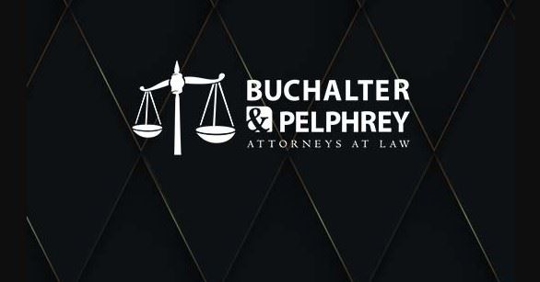The federal government will resume collecting student loan payments in May of 2022. A break from loan payments has given many Americans the break they need to recover from COVID layoffs, a post-pandemic economy, and rapid inflation. Now that loan payments are due again, here’s what you should know.
Loan Pause
Since March 2020, student loans have been under a moratorium. This means that payments were paused until further notice, and interest was frozen. However, as we reach the end of the moratorium period, the federal government has announced that it intends to resume collection in 2022.
Press Secretary Jen Psaki said, “The Department of Education is already communicating with borrowers to help them prepare for a return to repayment. […} It expires May 1, so right now, we’re just making a range of preparations.”
Where Borrowers Stand
Many borrowers are well into their repayment plans, while COVID graduates have yet to start. Both groups are ill-prepared for the moratorium to end. An evaluation by the Department of Education found that credit scores among student loan borrowers increased over the last year and a half.
This is most likely the result of fewer financial responsibilities like loan payments which freed up funds to pay off other debts. Over time, regular payments can boost credit scores, which seems to have happened among student loan borrowers. In general, the DOE estimates that the moratorium saved borrowers an estimated $4.8 billion per month in accrued interest.
Despite savings, experts say that borrowers and servicers are ill-prepared to handle the cost and demand of loan repayment. There are concerns that interest rates will increase rapidly to make up for lost time which could burden millions of borrowers who may not be able to afford significant monthly payments.
Pro-Payment
One side of this debate is the pro-payment people, who support the return of loan payments in 2022. They argue that repayment will stop a bubble from happening. In other words, by resuming payments, schools won’t feel empowered to make tuition costs higher by virtue of the fact that students won’t be paying them anyway.
Anti-Payment
While many people are on the pro-payment side, a growing number of anti-repayment believers are frustrated with these developments.
Executive Director Mike Pearce from the Student Borrower Protection Center says, “We’ve learned a lesson here that doesn’t go away just because we turn student loan payments back on, and the lesson is: The government does just fine without our money.”
For Mike and millions of others, the freeze on payments has shown that the government still functions without loan payments and that individual wealth can increase exponentially in the process.
Many also point out that the student debt crisis still exists, with millions of Americans owing over $1.7 trillion in loans to the federal government. With education being a mandatory requirement for most jobs, people like Mike Pearce see loan forgiveness as a must to continue higher education. The debt incurred by a college degree is discouraging to many people, which is a legitimate concern.
How To Prepare for Student Loan Payments
It’s unclear whether the federal government will forgive student loans. It seems like repayment is a priority, but there’s been significant pushback since Psaki’s press conference earlier this month.
Until there is a definite verdict from the White House, here are some things you can do to get ready for student loan payments:
- Reevaluate your finances: Have your finances changed during the pandemic? Go through your debts and earnings to determine how much you can afford to spend on loans.
- Re-budgeting: Once you have a clear picture of your financial status, make a new budget that accounts for your loans.
- Check due dates: If you’ve refinanced or consolidated your student loans, the due dates may have changed—double-check the dates to ensure that payments are made on time to avoid delinquency.
- Verify with servicer: If you have changed loan servicers - from federal to private or vice versa – make sure you have received the transfer confirmation.
- Check forgiveness options: While it may seem like student loans are inevitable, you may be able to qualify for a forgiveness program. Check the requirements for forgiveness and see if you are eligible.
If your financial future is uncertain, or you face legal ramifications for borrowing, contact Buchalter & Pelphrey Attorneys At Law today.

